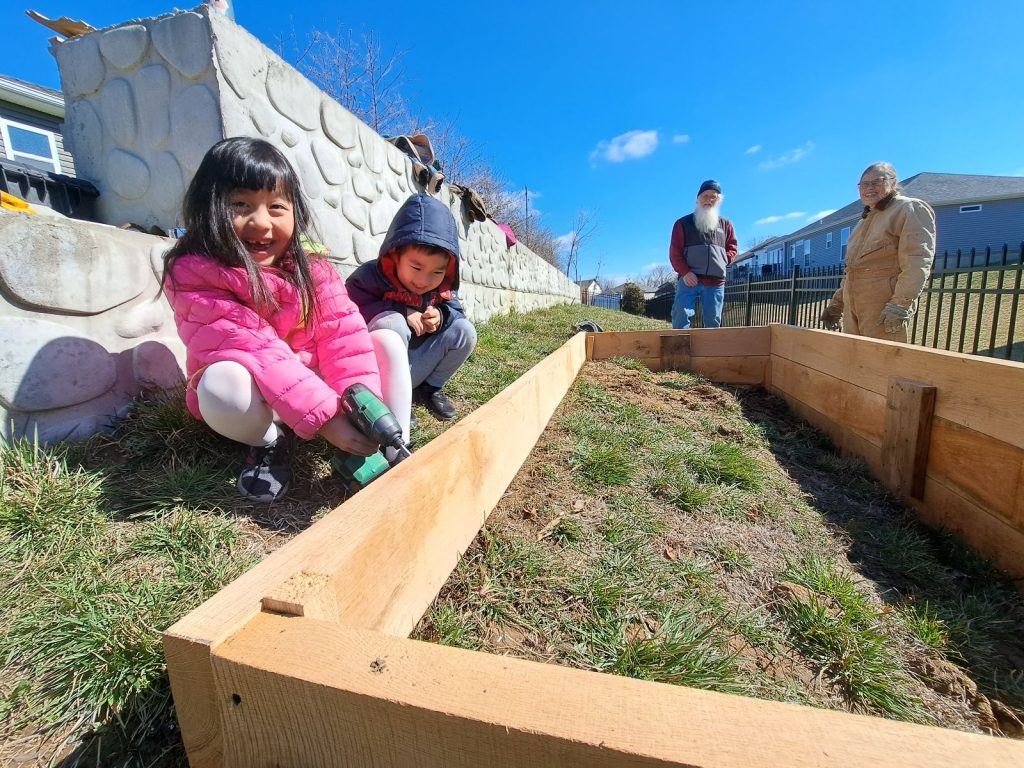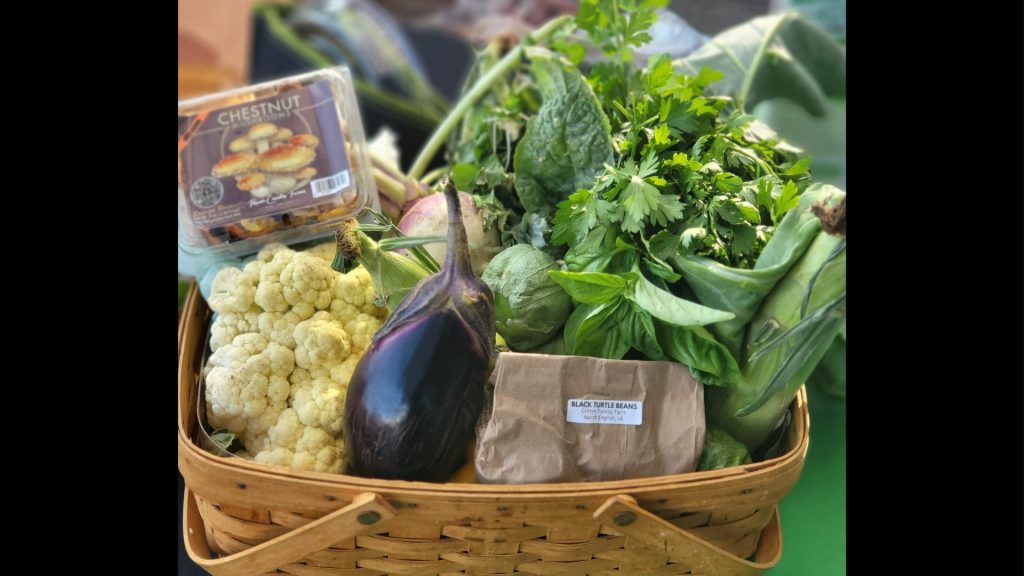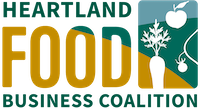By Patty Cantrell, Food System Network Builder, New Growth
The University of Missouri-Columbia was forced to stop buying eggs from its local farm supplier in 2020 when Covid-19 sent its students, faculty, and staff into quarantine. It’s one of countless pandemic incidences in which farmers abruptly lost markets.
However, some places fared better than others; places with strong community food system initiatives, such as the Columbia Center for Urban Agriculture. With activities ranging from farmer development to food distribution, community food system initiatives are fundamental to building resilience and responsiveness into how we operate in food and farming.
The new Heartland Regional Food Business Center includes community food system initiatives among its working partnerships for this reason, for their ground-level work developing essential capacity and connections.
Local Food Coordination
The University of Missouri-Columbia’s egg supplier did not have to destroy product as so many farmers did during the pandemic because of supply chain interruption. Rather, the Columbia Center for Urban Agriculture was able to step in and play a vital coordination role between local growers without markets, and local people without groceries.
“The fact that we existed meant we could coordinate with farmers that we already had relationships with; we could do that pretty easily,” said Executive Director Billy Polansky.

With support from the Boone County emergency fund, the Columbia Center for Urban Agriculture purchased the farmers’ eggs in bulk and distributed to food relief organizations. Altogether, the Columbia Center for Urban Agriculture’s work getting local food to local people during the pandemic involved 11 farms, $50,000 worth of product, and six hunger relief agencies.
Bottom Line Innovation
Starting with the food security bottom line, community food initiatives are building new and essential infrastructure from which more innovation and investment can grow.
In an interview with the Springfield (MO) Daily Citizen, Maile Auterson, Executive Director of Heartland Center collaborator Springfield Community Gardens in Springfield, Missouri, explained the driving fact behind their work.
“We have neighborhoods that do not have access to healthy local food, and we have populations in our town — people of color, refugees, immigrants, women like myself when I was a single mom below the poverty line — who do not have food access, equal food access.”
In addition to a city-wide network of gardens and youth programs, Springfield Community Gardens also now operates a farm incubator for training and business building, a test kitchen for food product development, and a produce distribution effort purchasing from farms and delivering to urban neighborhoods and rural communities.
The Columbia Center for Urban Agriculture also started with gardens. Its suite of programs today includes a 3-year farm apprenticeship program and a produce prescription initiative with healthcare partners, which supports patients’ purchases at farmers’ markets. It operates three urban farms that provide community education, support to veterans, and produce for food pantries.
Other Heartland Center community food initiative members have also built multifaceted organizations that are laying the local groundwork for food system resilience and responsiveness. They are No More Empty Pots in Omaha, Nebraska; Global Greens in Des Moines, Iowa; Common Ground Growers and Producers in Wichita, Kansas; the HOSCO North Sara Food Hub in St. Louis; and KC Healthy Kids in Kansas City.
Grand Opening in North Omaha
Omaha’s No More Empty Pots shows us what neighbors and supporters can do when they affirm their right to abundance and power to make it happen.
In 2023, the community food initiative’s educational and food distribution programs reached more than 4,023 people in 39+ Nebraska and Iowa zip codes. (Watch this video about No More Empty Pots “proudly serving Nebraska and Iowa.”)
No More Empty Pots recently celebrated the grand opening of its second food hub in North Omaha. Its original Florence neighborhood food hub, started in 2017, includes four commercial kitchens, cold and freezer storage, a rooftop garden, and a cafe. The new three-level, 18,000 square-foot Greenhouse food hub adds another commercial kitchen, additional cold and freezer storage, a training room, distribution center, year-round greenhouse, and a Micro Market storefront.

“Reflecting on the journey of No More Empty Pots over the last 13 years, activating this facility is a special milestone to celebrate,” said co-founder Nancy Williams.
It is a foundational food system accomplishment.
No More Empty Pots, the Columbia Center for Urban Agriculture, and other Heartland Center community food initiative partners are developing essential food system infrastructure. They are building regional relationships and resources for seizing opportunity now and into the future.
They will also be there when we need the resilience to weather food system disruption.
“Chickens don’t stop laying eggs,” explained Katie Molitor, Programs Director at the Columbia Center for Urban Agriculture in Columbia, Missouri.
That’s a fact that community food initiatives are ready to face.
